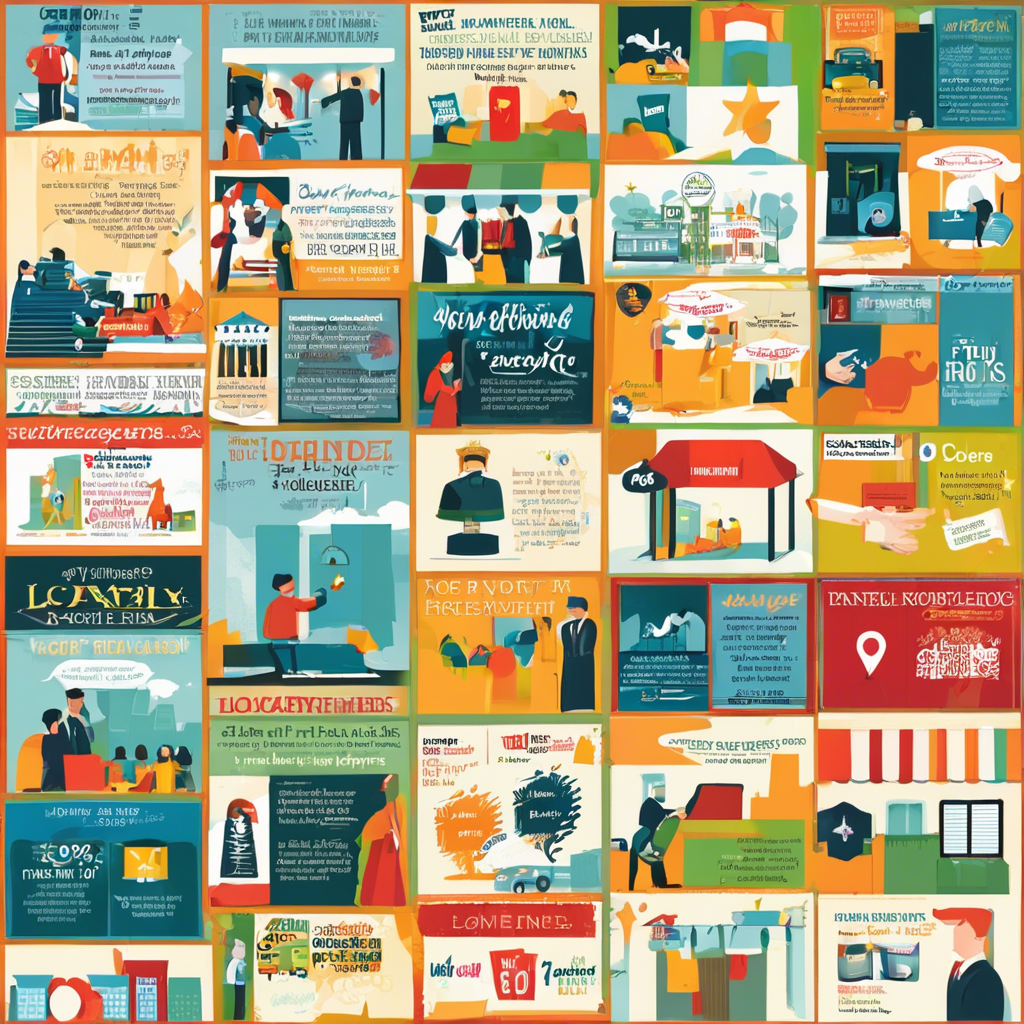Developing loyalty, whether it’s in personal relationships, among customers, or within a team, is an essential aspect of building strong and enduring connections. Loyalty is more than just a sentiment; it’s a deep-rooted commitment that fosters trust, consistency, and a shared sense of purpose. So, how can you cultivate this invaluable quality? Let’s explore some practical ways to nurture and encourage loyalty in various contexts.
In the realm of personal relationships, loyalty is the foundation upon which strong bonds are built. It begins with trust, the bedrock of any meaningful connection. Being trustworthy involves honesty, integrity, and reliability. When you consistently demonstrate these traits, people feel secure in their relationship with you and are more inclined to be loyal. Active listening is another vital aspect. By genuinely paying attention to your loved ones’ thoughts, concerns, and feelings, you validate their importance in your life. This simple act strengthens the emotional bond and encourages loyalty.
>
> It’s also worth mentioning the significance of vulnerability. Being open and vulnerable with those close to you fosters a deeper connection. Share your thoughts, fears, and aspirations. When you create a safe space for emotional intimacy, you’re not only deepening the relationship but also inspiring loyalty by making your bond irreplaceable.
When it comes to businesses, customer loyalty is a holy grail. The key to achieving this lies in consistently exceeding expectations. Deliver more than what customers anticipate. Whether it’s the quality of your products, exceptional customer service, or offering unique experiences, always go the extra mile. Satisfied customers are great, but loyal customers become brand advocates. Recognize and reward customer loyalty through personalized offers, exclusive discounts, or membership benefits. These gestures make customers feel valued and encourage repeated engagement.
Implementing feedback loops is another powerful tool. Actively seek customer feedback and show that you value their opinions by making improvements. This not only makes customers feel heard but also shows your commitment to their satisfaction. Moreover, creating a community around your brand can foster loyalty. Encourage customers to interact with each other and share experiences. This sense of belonging can transform them from mere buyers into brand ambassadors.
Loyalty within a team or organization is crucial for success. Team leaders should prioritize transparency in communication. Keep your team informed about decisions, changes, and the rationale behind them. This fosters trust and makes team members feel valued. Recognize and appreciate individual contributions. Publicly acknowledge achievements and milestones. When team members feel appreciated, they are more motivated to stay committed and loyal.
Encouraging collaboration is another effective strategy. Create a work environment where team members support and rely on each other. Foster a culture of mutual respect and open communication. This not only improves productivity but also strengthens bonds within the team. Additionally, providing growth opportunities is essential. Invest in your team’s development through training, mentorship, and professional growth paths. Showing commitment to their advancement demonstrates your loyalty to them, which they are likely to reciprocate.
Loyalty is also about commitment during challenging times. When facing obstacles or setbacks, it’s crucial to stay dedicated. In relationships, it means weathering storms together and not walking away at the first sign of trouble. For businesses, it entails standing by customers when they encounter issues, demonstrating a genuine interest in resolving problems. Within a team, it involves pulling together and finding solutions collectively. This unwavering commitment during adversity not only strengthens loyalty but also solidifies bonds.
Consistency is another pillar of loyalty. In relationships, being consistently supportive, present, and reliable reinforces loyalty. Businesses should aim for consistent quality and service, ensuring every interaction reinforces the customer’s decision to choose their brand. For teams, maintaining consistent high standards and values keeps everyone aligned and committed to a shared vision.
Loyalty is a two-way street. To earn it, you must give it. Show loyalty to your friends, family, customers, and team members. Be there for them when they need you, stand up for them, and defend their interests. When people experience your devotion, they are more likely to reciprocate.
Lastly, loyalty is often nurtured through shared experiences and memories. Plan activities that create lasting impressions and strengthen bonds. Whether it’s organizing family outings, hosting customer events, or team-building retreats, shared experiences create a sense of unity and belonging. These experiences become part of the emotional glue that binds relationships and fosters unwavering loyalty.
In summary, developing loyalty is a process that requires dedication, consistency, and a genuine interest in the well-being of those you wish to be loyal to. It involves a combination of trust, transparency, and mutual support. By implementing these strategies, you can cultivate loyalty in your personal life, business endeavors, and within teams, leading to stronger, more meaningful connections.

